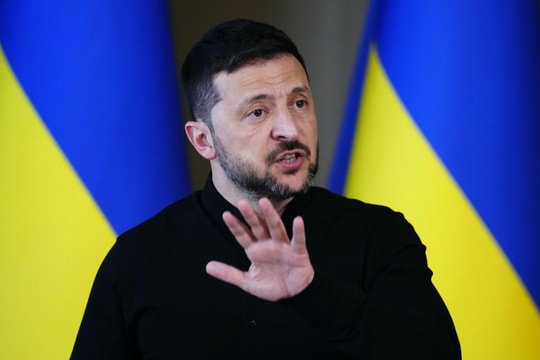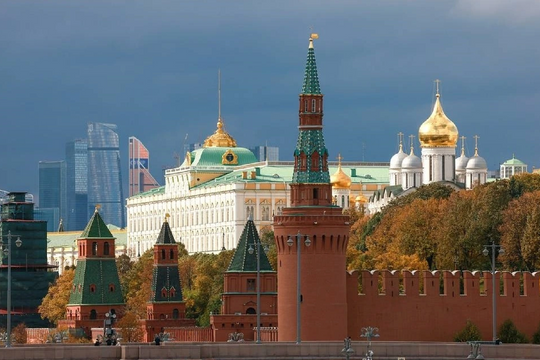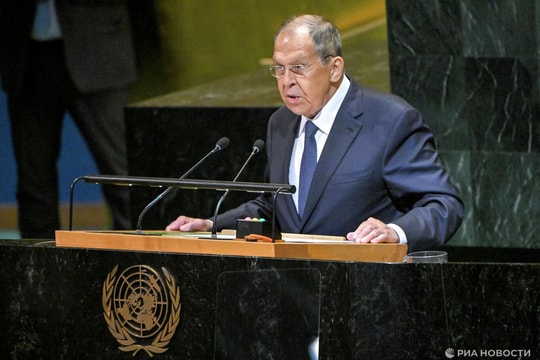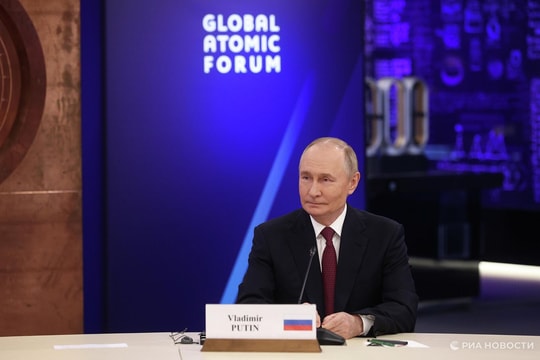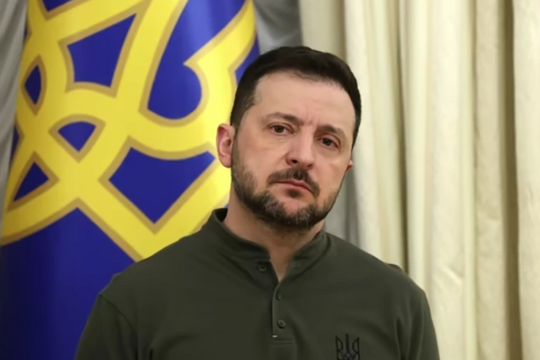Why does Russia still stand firm against the storm of Western sanctions?
As the one-year anniversary of the Russia-Ukraine conflict approaches, have the West's unprecedented sanctions against Moscow really been effective?
How is Russia affected by Western sanctions?
“The Russian economy is on track to shrink by half,” US President Joe Biden said in March 2022, as he introduced sanctions against Russia over its special military operation.
At the time the West launched sanctions against Russia, German Foreign Minister Annalena Baerbock said the measures would be a major blow to Moscow. European Commission President Ursula von der Leyen said the EU sanctions would cripple Russia's ability to finance its military campaign.
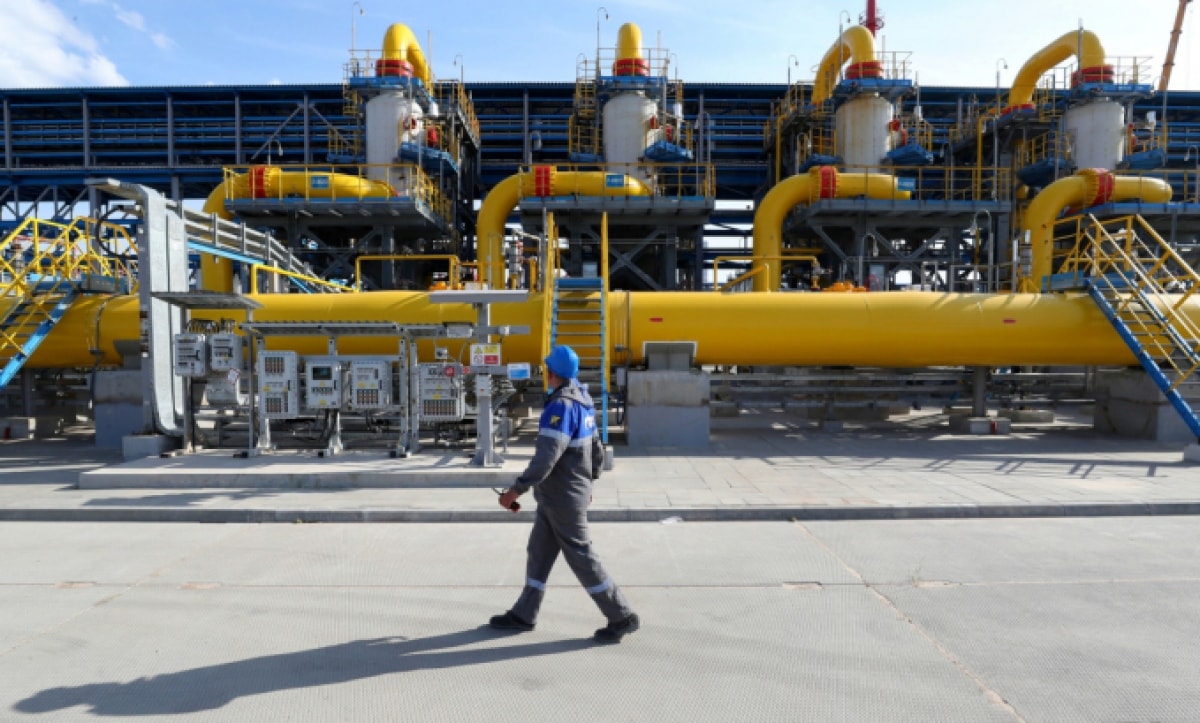 |
| The Nord Stream 2 gas pipeline in the Leningrad region, Russia. Photo: TASS |
The Institute of International Finance (IIF) predicted a 15% contraction in Russia's GDP in 2022, while JP Morgan predicted a 12% contraction. However, the reality has been somewhat different. The Russian economy will shrink by only 2.2% in 2022. Unemployment is currently at 3.7%. The construction sector can still grow significantly even if the auto and electronics industries are affected.
As the one-year mark approaches on February 24, 2023, debate has erupted over whether Western sanctions against Russia are actually effective.
“Don’t look at your watch every five minutes to see if sanctions are working. Exercise strategic patience,” said Vladimir Milov, a former Russian deputy energy minister and author of a Martens Center report on sanctions.
According to a study by the Danish Institute for International Studies, the European Commission (EC) has launched a sanctions war against Russia. However, EU sanctions have encountered difficulties as they have repeatedly failed to reach consensus across the entire alliance.
Hungarian Prime Minister Viktor Orban, one of the critics of the EU's approach to the conflict in Ukraine, has repeatedly said that sanctions have hurt the EU more than Russia.
Most recently, on February 19, Mr. Orban said that the sanctions imposed by the EU on Russia after it launched a military campaign in Ukraine had cost the Hungarian economy 10 billion euros.
Some EU countries found they did not have the laws, compliance departments or procedures to implement the sanctions agreed in Brussels.
Among NATO members, Türkiye's refusal to join sanctions against Russia has also become a major issue.
Türkiye opposes Western sanctions against Russia, but insists it will not allow sanctions violations on its territory.
In addition, Türkiye continues to import oil and gas from Russia. As of the third quarter of 2022, Russia's imports from Türkiye increased to more than $1 billion/month, nearly double the figure in the same period last year.
Why is Russia still standing strong in the face of sanctions storm?
The resilience of the Russian economy is not due primarily to the technical capabilities of the central bank or the ineffectiveness of sanctions, but to the loopholes in the sanctions themselves.
“The failure to impose an export ban on Russia early led to record trade and financial surpluses, giving Russia a large financial cushion to withstand sanctions. The West only sanctioned Russian imports, while exports continued to operate. As a result, Russia’s auto and electrical industries suffered, but oil and gas exports did not,” said economist Oleg Itskhoki.
Various groups of Western economists have tried to convince German politicians that cutting off Russian energy supplies would not cause the German economy to collapse.
“Immediately after the conflict broke out, German politicians made statements that the Russian energy embargo would have serious economic consequences,” one economist assessed.
“We just thought it was important to look at the data and think systematically. So we assembled a group of energy economists and economists and came to the conclusion that this could lead to a recession of 0.5 to 3%, but not an economic catastrophe.”
However, the EU can only decouple itself from Russian energy to the extent that Germany, Europe's largest economy, can accept.
The lack of EU consensus on sanctions against Russia has benefited Moscow. In March 2022, Russia earned 1 billion euros a day from energy exports. Oil and gas revenues increased from 40% to 60%. Since Russia launched its military campaign in Ukraine, Germany has bought 24 billion euros of Russian fossil fuels.
Most recently, an EU official admitted that the bloc has imposed all the main sanctions against Russia and has nearly exhausted its restrictive measures.
“The main sanctions were imposed because we imposed sanctions on Russian fossil fuels. Once the main steps have been taken, there is not much more to do,” European Council President Charles Michel said on February 20./.



